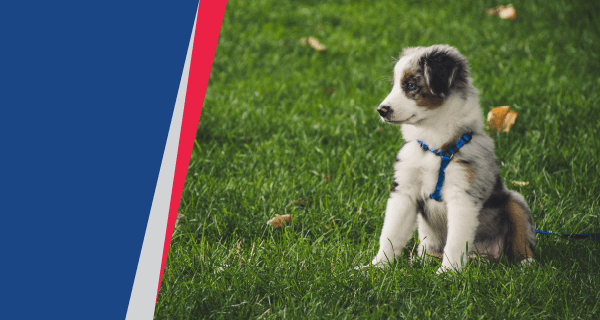
While the whole team at Bell Veterinary Hospital has been excited about puppies adopted during the pandemic, there has been a devastating downside. We’re seeing a drastic increase in parvo cases in puppies because they haven’t completed their full course of vaccines.
The simple truth is puppies must have vaccines to prevent deadly diseases like the parvovirus. If you’re not sure if your new puppy has had all his shots, or know he needs additional vaccines, call us today at 205-486-4500 or book an appointment online.
What is parvovirus?
Parvo is a highly contagious virus that affects all dogs, but unvaccinated puppies less than four months of age are at the most risk of contracting it.
Parvo is a potentially fatal disease that attacks the gastrointestinal system and creates symptoms that include:
- Loss of appetite
- Vomiting
- Fever
- Severe, bloody diarrhea
Extreme dehydration can come on rapidly and kill a dog within 48-to-72 hours, so prompt veterinary attention is crucial. There is no cure, so keeping the puppy hydrated and controlling the secondary symptoms may keep him going until his immune system beats the illness.
This virus is highly contagious and spreads through direct contact with an infected dog or by indirect contact with a contaminated object. Your puppy is exposed to the parvovirus every time he sniffs, licks, or consumes infected feces. Indirect transmission occurs when a person who has recently been exposed to an infected dog touches your puppy, or when a puppy encounters a contaminated object, like a food or water bowl, collars and leashes, and the hands and clothing of people who handle infected dogs.
“Current on shots” does not mean “shots are completed”
If you adopted a puppy from a shelter or bought one from a breeder, you may have heard that your new friend was current or up to date on all vaccinations. It’s easy to assume that means the vaccinations are finished, but usually there are one or two more rounds of core vaccines needed to fully protect your baby.
- Vaccines start at 6-8 weeks and continue with boosters every 3-4 weeks until the puppy is around 4 months old.
- If you don’t stay on your vaccine schedule, you have to start over.
- Puppies don’t have the immune system to fight off deadly diseases like parvo and vaccines are their only defense.
If you’re not sure if your new puppy has had all his shots, or know he needs additional vaccines, call us for an appointment today at (205) 486-4500 or book an appointment online.
